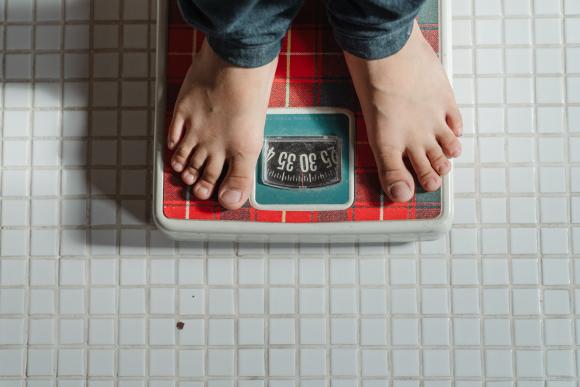
American society favors thin people and ostracizes anyone deemed overweight. Interestingly, in a study by the Harvard School of Public Health, 40% of adult Americans are considered to be overweight or obese. Forty percent is a large number of people, and yet, there are few protections for people that fall into this category.
Defined by the Boston Medical Center, fatphobia “is the implicit and explicit bias of overweight individuals that is rooted in a sense of blame and presumed moral failing.”
Because of internalized bias, weight bias runs rampant, often hiding mistreatment under the guise of “caring about health.” Weight bias manifests as getting stares in public, verbal harassment, and constant anxiety of judgment from others.
As stated in a “Dear Amy” column this month, “no overweight person wants or needs your gaze, your scrutiny, or your curiosity about why they aren’t more like you.”
Unfortunately, in the law, employment discrimination is an area where weight bias is common. New Jersey has the opportunity to be a leader when it comes to protecting against weight discrimination by adding weight as a protected class to the New Jersey Law Against Discrimination (NJLAD).
